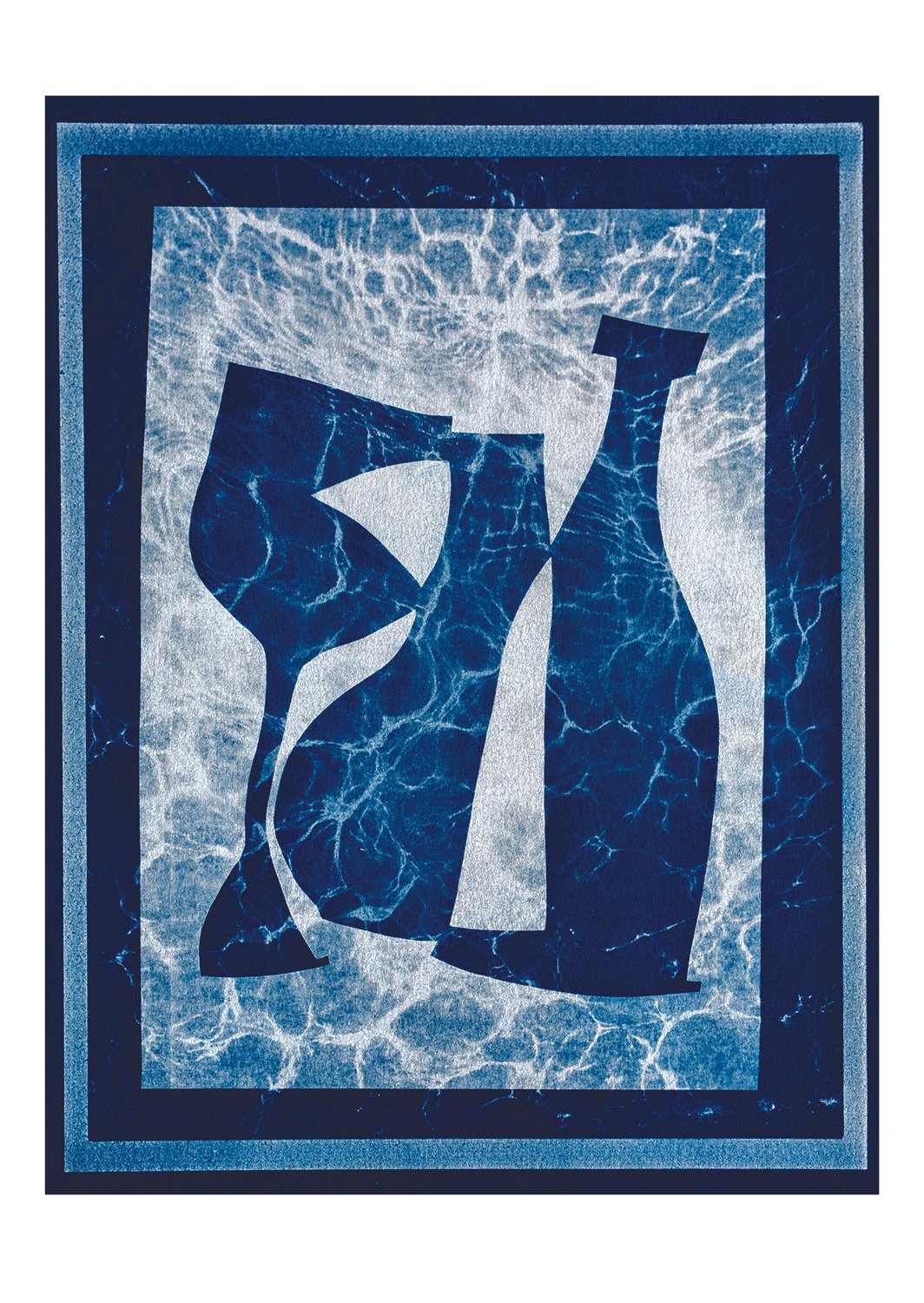Wymondham's market cross - limited edition giclee art print
A3 limited edition print of a black and white image created using a home made Illy coffee can pinhole camera. I fell in love with this very crude form of photography during the period fondly known as between lockdowns. The image is exposed directly onto light sensitive paper inside the can via a tiny pinhole, and the image later developed using good old fashioned dark room wet processing. The exposure time on this one was around 18 seconds. I love the movement in the clouds in these long exposures.
This image will be printed on high quality giclee art paper at A3, unframed with a small white border around the image. Limited edition of 20 prints.
Having spent 20 years in professional photography, these heady days of the pandemic brought a new experimental perspective to my way of working with photography. I love the warp in these images that can only be caught through the pinhole in a cylindrical can, and their somewhat sketchy nature. Being hands-on, it feels so much more creative to me than digital photography, which can be very dry in all the ways!
Wymondham's market cross in Norfolk remains standing in our beautiful town since the 1600s, when the previous one was destroyed. I'm not sure why the original was destroyed, and I've had to look up the meaning of the market cross! It's 'a structure used to mark a market square in market towns, where (historically) the right to hold a regular market or fair was granted by the monarch, a bishop or a baron' - this is according to Wikipedia...
You can read more about this project on my blog, here
A3 limited edition print of a black and white image created using a home made Illy coffee can pinhole camera. I fell in love with this very crude form of photography during the period fondly known as between lockdowns. The image is exposed directly onto light sensitive paper inside the can via a tiny pinhole, and the image later developed using good old fashioned dark room wet processing. The exposure time on this one was around 18 seconds. I love the movement in the clouds in these long exposures.
This image will be printed on high quality giclee art paper at A3, unframed with a small white border around the image. Limited edition of 20 prints.
Having spent 20 years in professional photography, these heady days of the pandemic brought a new experimental perspective to my way of working with photography. I love the warp in these images that can only be caught through the pinhole in a cylindrical can, and their somewhat sketchy nature. Being hands-on, it feels so much more creative to me than digital photography, which can be very dry in all the ways!
Wymondham's market cross in Norfolk remains standing in our beautiful town since the 1600s, when the previous one was destroyed. I'm not sure why the original was destroyed, and I've had to look up the meaning of the market cross! It's 'a structure used to mark a market square in market towns, where (historically) the right to hold a regular market or fair was granted by the monarch, a bishop or a baron' - this is according to Wikipedia...
You can read more about this project on my blog, here
A3 limited edition print of a black and white image created using a home made Illy coffee can pinhole camera. I fell in love with this very crude form of photography during the period fondly known as between lockdowns. The image is exposed directly onto light sensitive paper inside the can via a tiny pinhole, and the image later developed using good old fashioned dark room wet processing. The exposure time on this one was around 18 seconds. I love the movement in the clouds in these long exposures.
This image will be printed on high quality giclee art paper at A3, unframed with a small white border around the image. Limited edition of 20 prints.
Having spent 20 years in professional photography, these heady days of the pandemic brought a new experimental perspective to my way of working with photography. I love the warp in these images that can only be caught through the pinhole in a cylindrical can, and their somewhat sketchy nature. Being hands-on, it feels so much more creative to me than digital photography, which can be very dry in all the ways!
Wymondham's market cross in Norfolk remains standing in our beautiful town since the 1600s, when the previous one was destroyed. I'm not sure why the original was destroyed, and I've had to look up the meaning of the market cross! It's 'a structure used to mark a market square in market towns, where (historically) the right to hold a regular market or fair was granted by the monarch, a bishop or a baron' - this is according to Wikipedia...
You can read more about this project on my blog, here





